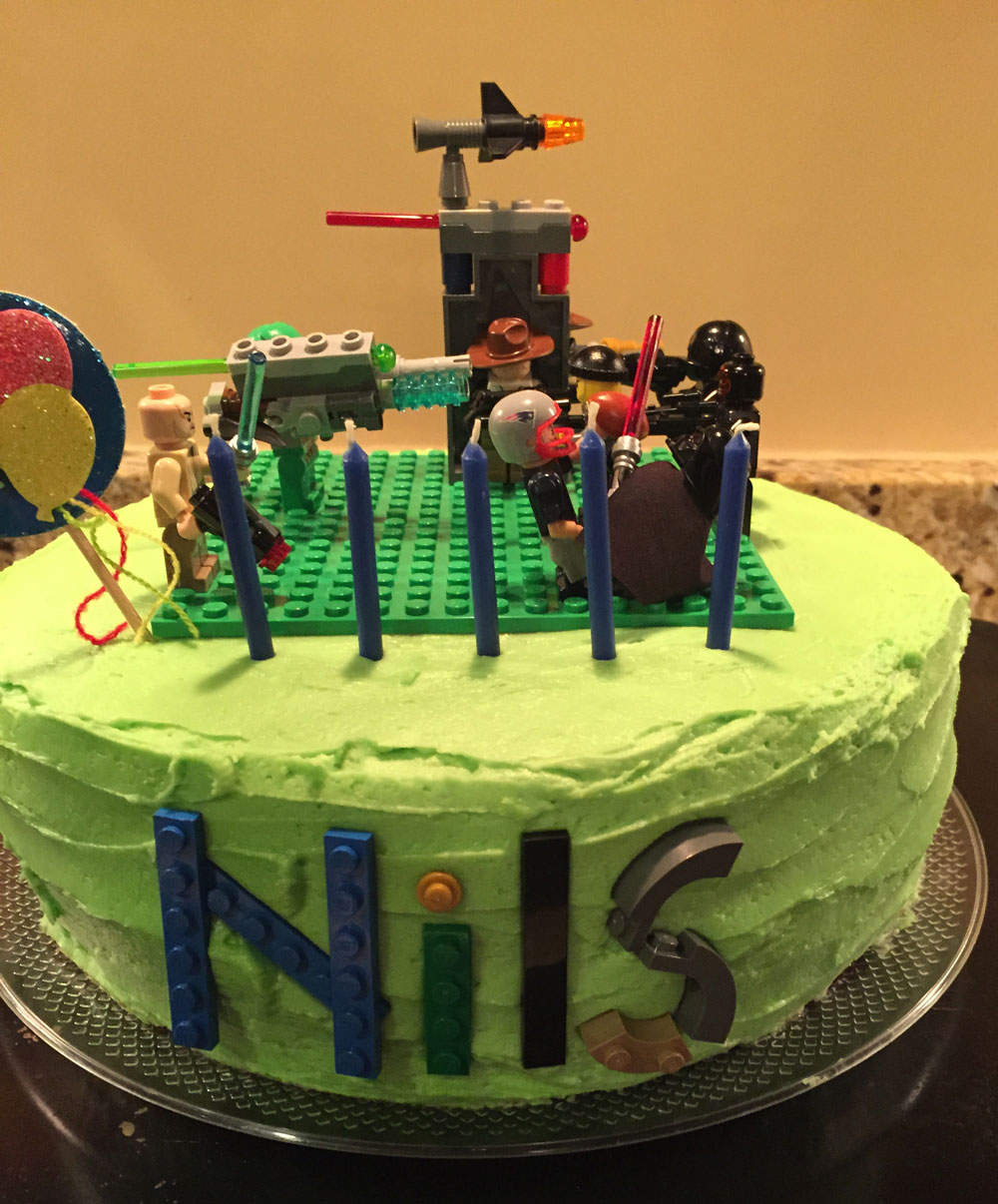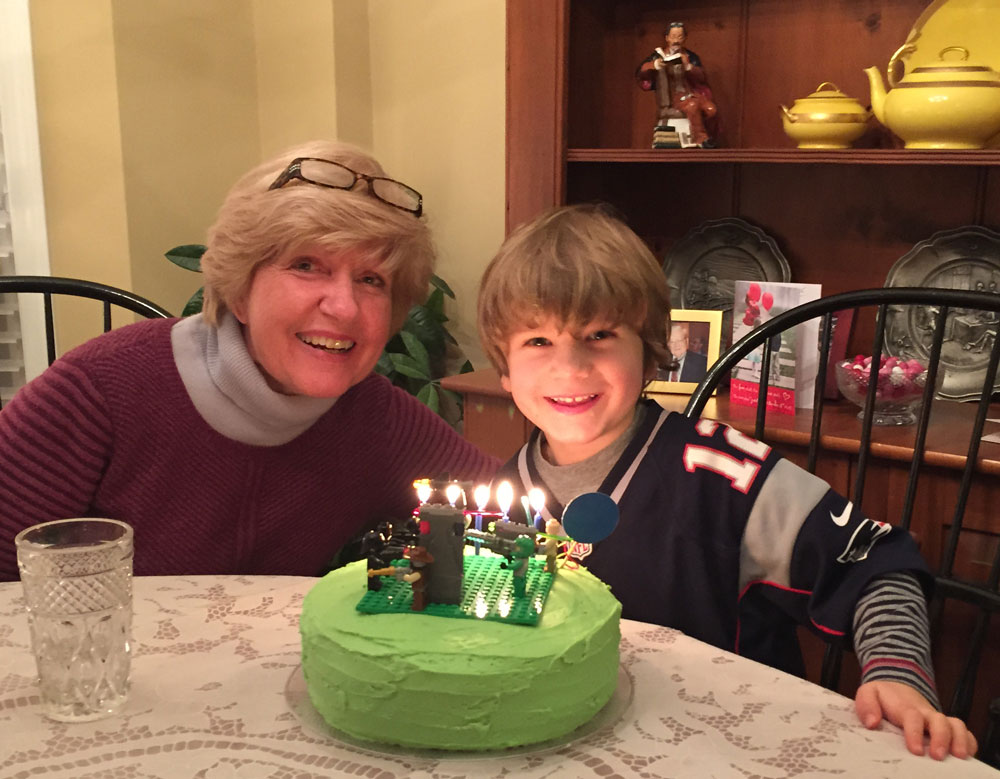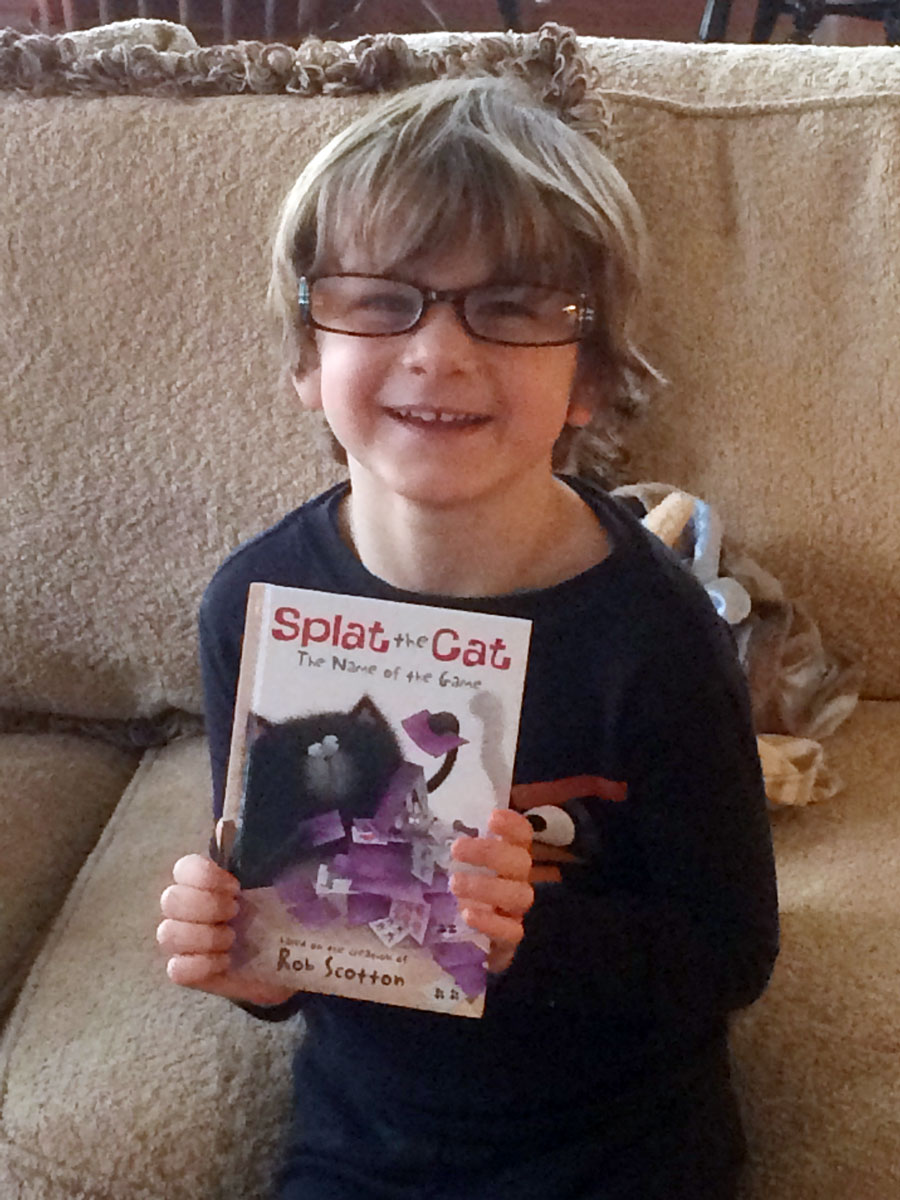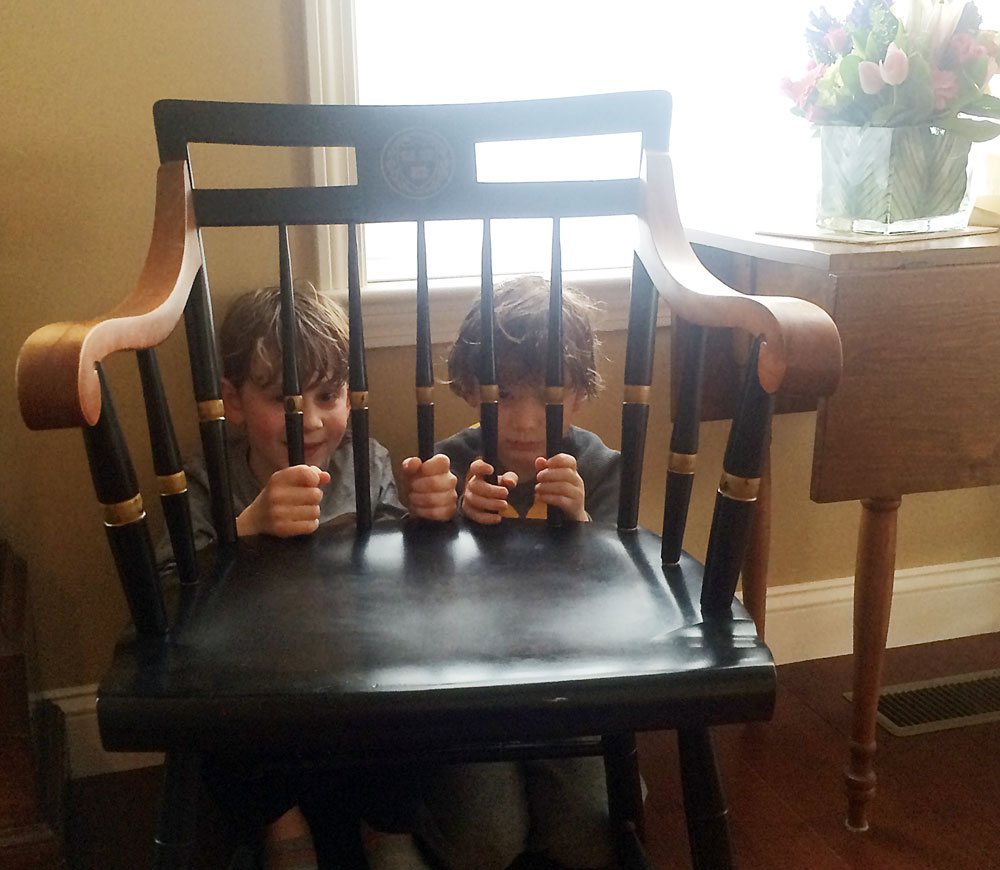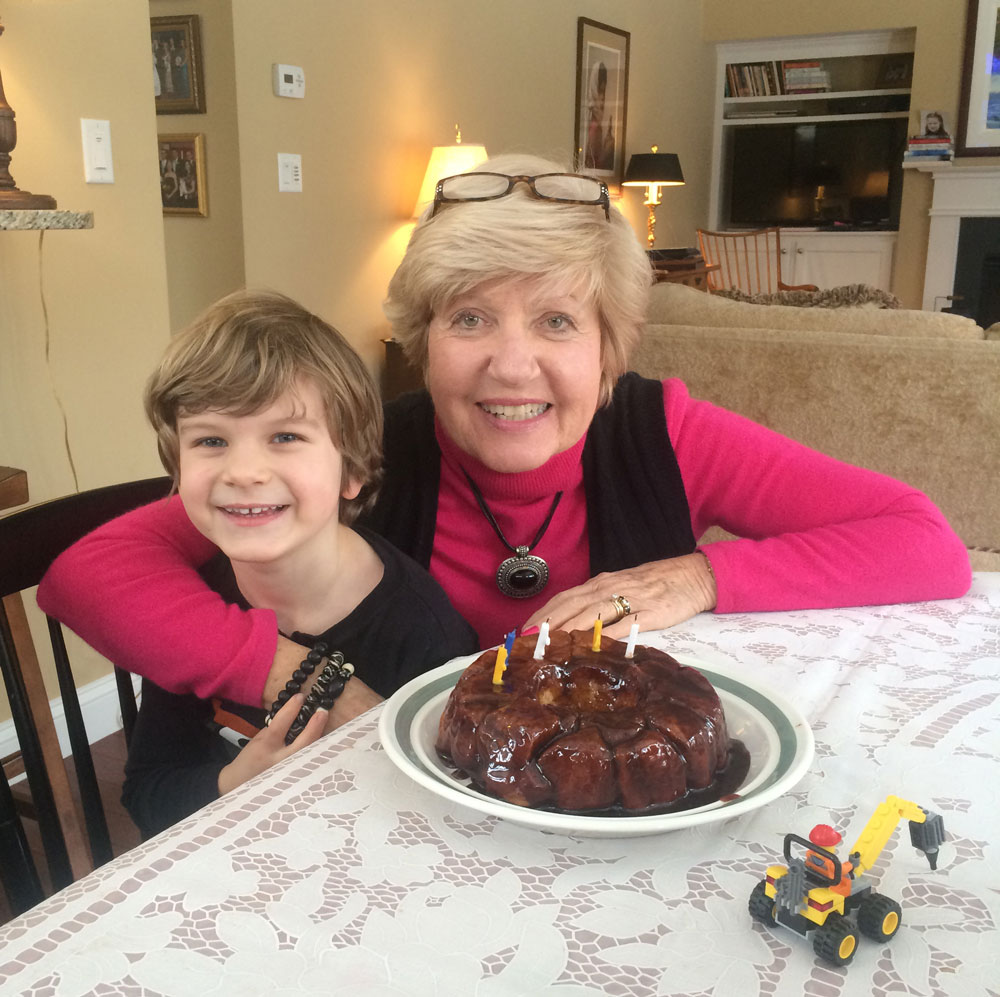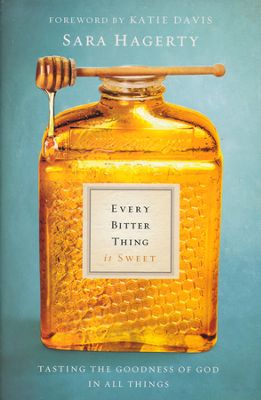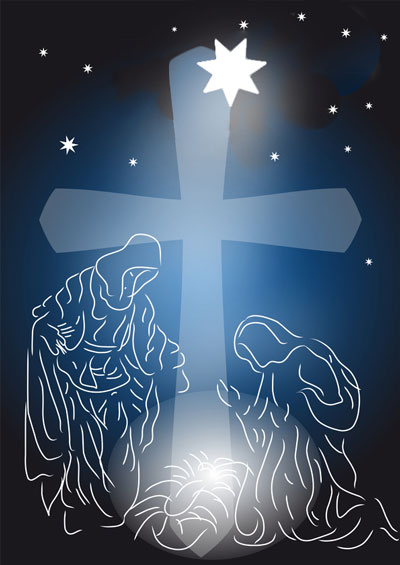Happy Mother's Day -- No Matter What!
/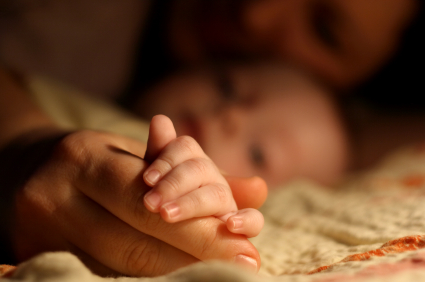
Mother’s Day always launches me on a roller coaster of emotions. Memories sweep over me like wind in my face—and there’s lots of speed and power in that little roller coaster car.
There were the many painful Mother’s Days of infertility. Then—eventually—the ecstatic joy of celebrating Mother’s Day holding a new (or relatively new) baby in my arms. The babies grew up and “helped” Woody serve me breakfast in bed. A great diet plan, as they were mostly interested in eating whatever was on my tray. The helpful eaters grew into teens, and then, just when they were becoming truly wonderful, went off to college and beyond that into their own lives. Poignant years of missing having them at home became celebrations of joy for the Godly mothers my daughter and daughter-in-laws were becoming. Mother’s Day = A day of joy and gratitude.
Another burst of wind in my face: memories of my mother. She was, next to my husband, my best friend. When she died 7 ½ years ago, she left a huge hole in my heart that no one else can fill. I had the great blessing of having her for far more years than many of my friends have had their mothers. And I had the privilege of having her—one very special, Godly, praying mother—as my mother. I am grateful. But I still wish I could send her a note. Or better yet, give her a call. Or, best of all, a quick visit.
But this Mother’s Day I’m feeling extra emotions on behalf of many mothers I know. Mothers who have recently buried children. Is there anything more heart-wrenching? Mothers with new babies or “too many toddlers—or teens!” or life circumstances that leave them so depleted they barely know it’s Mother’s Day. Isn’t every day Mother’s Day? That is, “Mothers on Duty 24/7” Day? Women who long to be mothers, for whom Mother’s Day can be excruciating. Women who mourn the loss of their mothers—or even of the mother they never had but always wished for.
The roller coaster. The swirling wind in my face. That’s why I’m so glad we have assurance from God that we can celebrate mothers no matter what. No matter what mother you had—or didn’t. No matter what mother you are—or aren’t. God promises to be like a Mother to us. We’re all familiar with the many wonderful references to God loving us with a perfect Fatherly love. But in a few cases He also compares His love to that of mothers.
Can a mother forget the baby at her breast and have no compassion on the child she has borne? Though she may forget, I will not forget you! (Isaiah 49:15)
As a mother comforts her child, so will I comfort you . . . (Isaiah 66:13)
But I have calmed and quieted myself, I am like a weaned child with its mother; like a weaned child I am content. (Psalm 131:2)
“Jerusalem, Jerusalem . . . how often I have longed to gather your children together, as a hen gathers her chicks under her wings . . .” (Jesus weeping over His people and longing to gather them with maternal love and protection—Matthew 23:37)
God assures us that, whatever else we may not have, we have HIM. Because of this powerful, sustaining love of our God, I feel confident in wishing you a joyful Mother’s Day—no matter what!


